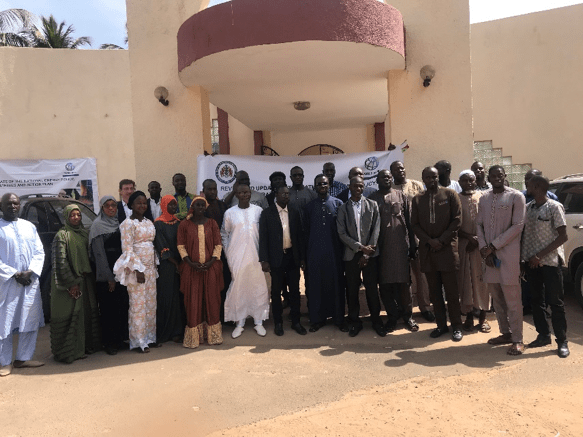By Aisha Tamba
At least 60 percent of Gambian households have access to electricity while more than 85 percent depend on traditional biomass to meet their energy needs, according to an inception report conducted by the ministry of energy.
The ministry made the announcement to stakeholders during the review and update of the National Energy Policy, Strategies, and Action Plan last week.
The forum was funded by the World Bank through the Gambia electricity restoration and modernisation project (GERMP) under Nawec.
According to the report, increased in modern clean and affordable energy services for the population could have enormous multiplier effects such as reducing poverty, empowering women, generating opportunities as well as improving the standard of living for the attainment of the Sustainable Development Goals (SGDs).
The report added that the Gambia’s energy sector is characterised by heavy dependence on traditional biomass fuels mainly for households’ consumption, and imported petroleum products for electricity generation and support. “Cognisant of the afore-mentioned situation, the government of The Gambia is committed to improving the energy situation in order to spur economic growth,” the report added.
In 2005, the ministry of energy developed the national energy policy, strategies, and action plan which was revised in 2014 with the overall objective of re-defending the sector’s strategic objective. Since then, a number of developments have taken in the energy sector including the development of an electricity roadmap in 2015, which was updated in 2017 and recently in 2021 to reflect new market opportunities and guide the development of the electricity sub-sector in the short, medium and long-term (2021 to 2040).
“There is a strong need for the National Energy Policy to be consistent with the roadmap objectives,” the report highlighted.



